
People with disabilities (PWDs) and rights activists are calling on the government to include disability-friendly communication methods, such as Braille and sign language, in the training curriculum for health workers. Catherine Kobusinge, the Executive Director of Hoima Child Rights Network Lab, told reporters that PWDs, especially those with hearing and visual impairments, continue to face major obstacles when trying to access health services.
Kobusinge explained that communication barriers for hearing-impaired patients often prevent health workers from making accurate diagnoses or prescribing the right medication since many lack even basic sign language skills or simple gestures to facilitate communication. She added that people with visual impairments also face difficulties following medical instructions when prescriptions are not provided in Braille.
She further pointed out that certain health conditions require confidentiality, and involving a sign language interpreter may compromise a hearing-impaired patient’s privacy. Kobusinge emphasized the need for health workers to acquire at least foundational sign language skills as part of their professional training.
According to Robert Nkwangu, a hearing-impaired councilor representing PWDs at KCCA, Uganda has commendable laws and policies that protect persons with disabilities, but implementation remains weak. He highlighted the importance of empowering PWDs to access health services and stated that addressing their challenges is difficult if they are not equipped to embrace their disabilities rather than seek public sympathy.
Nkwangu also called for health worker training that covers various categories of disabilities, their specific needs, and effective approaches to handle each case. He underscored the necessity of including disability awareness in medical curricula to promote better engagement with PWDs. Additionally, he urged the Ministry of Health to dedicate at least two percent of its budget to disability-related initiatives—such as producing Braille materials, purchasing walking sticks for the blind, and providing wheelchairs, among other essential support items.
Charles Tumwebaze Ganza, Executive Director of Together Life Health Initiative, appealed to the government to develop inclusive health systems that ensure no PWD is left behind. He stressed that policymakers must take into account the challenges faced by people with disabilities when designing and implementing health policies. Tumwebaze remarked that most disability-related laws and policies remain largely unimplemented, expressing hope that continued advocacy will prompt the government to take meaningful action.

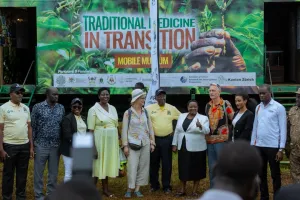
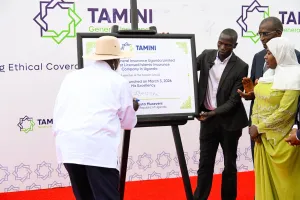
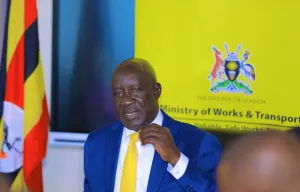
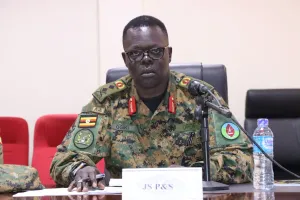
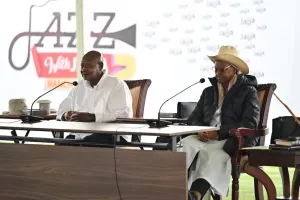







Sunrise reporter
Leave a Comment
Your email address will not be published.